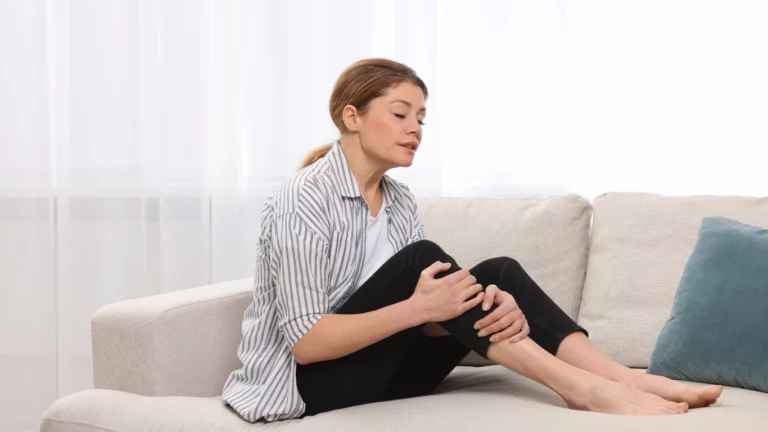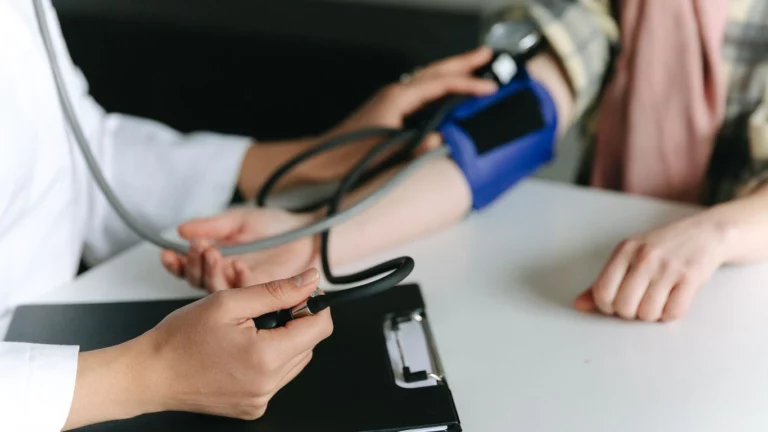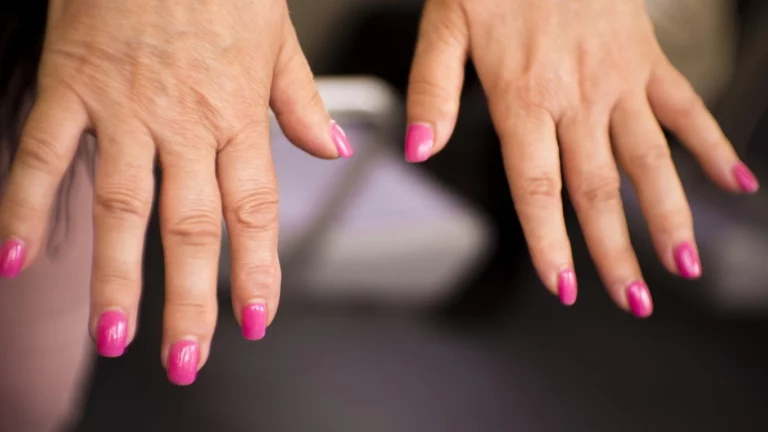How to Lower Blood Pressure Before Bed Fast – Best Nighttime Tips!
Struggling with high blood pressure at night? You’re not alone. Many people find their numbers creeping up in the evening, making it tough to relax and get quality sleep. How to lower blood pressure before bed is a question I hear all the time from patients. As a hypertension specialist, I’ve spent years helping people bring those numbers down naturally. The good news? You don’t need drastic lifestyle changes overnight. Small, simple tweaks to your evening routine can make a world of difference.
Why Does Blood Pressure Spike at Night?
Ever check your blood pressure in the evening and notice it’s higher than usual? This isn’t just bad luck. Several factors play into this nighttime rise, and understanding them is the first step to managing it.
The Role of Stress and Cortisol
After a long, stressful day, your body is still running on high alert. Stress hormones like cortisol keep your blood vessels tight and your heart working harder. If you’ve ever felt your heart pounding after a tough day, that’s cortisol doing its job. But when it’s time to sleep, those levels should drop—unless stress keeps them elevated.
Dietary Habits That Work Against You
Late-night snacking is another sneaky culprit. That handful of chips or extra salty takeout can cause your body to hold onto water, increasing blood volume and putting extra pressure on your arteries. Ever woken up feeling puffy or bloated? That’s your body retaining fluids from too much sodium.
Lack of a Wind-Down Routine
Going straight from screen time to bedtime? Bad idea. Blue light exposure and mental stimulation can keep your nervous system in overdrive, making it harder for your blood pressure to dip naturally.
Simple Lifestyle Tweaks to Lower Blood Pressure Before Bed
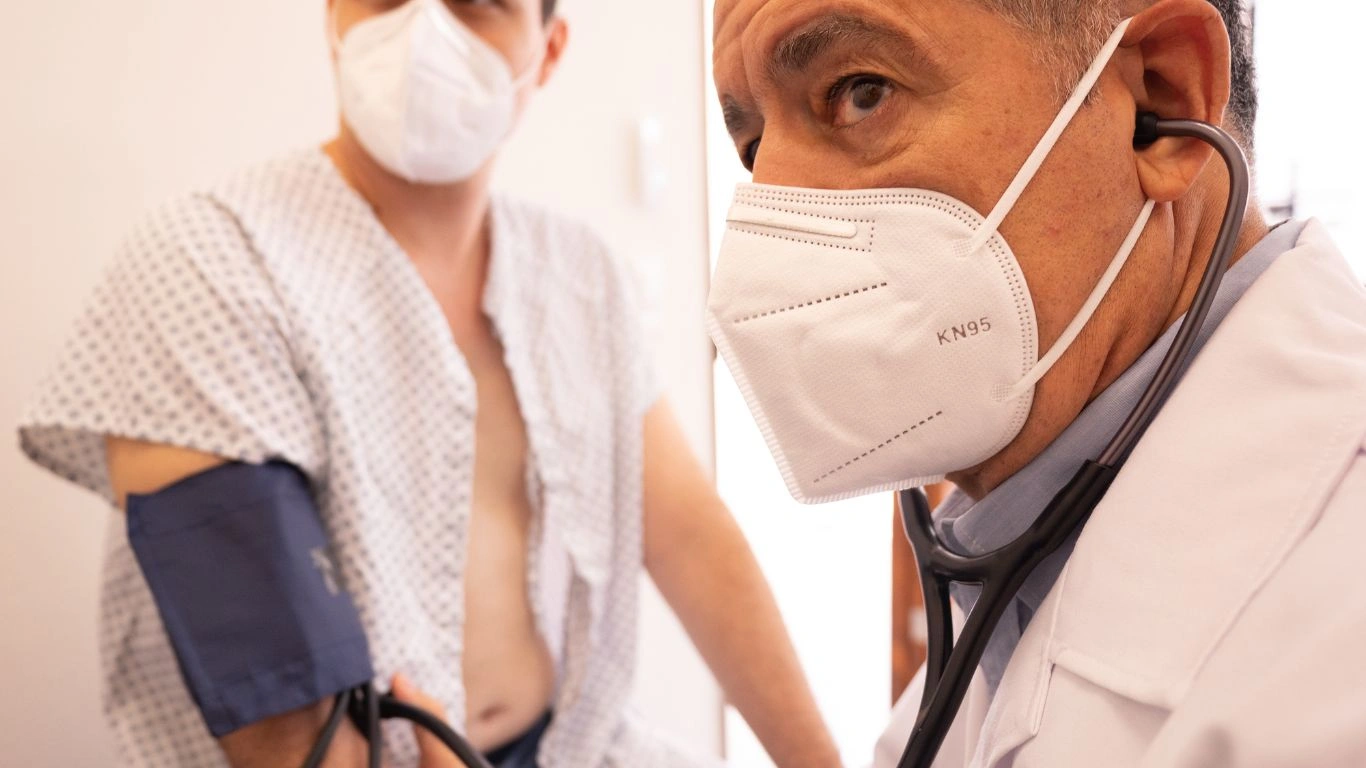
The good news? You don’t need a complete life overhaul. Small, intentional changes can help bring your blood pressure down before bed.
1. Sip on a Blood Pressure-Friendly Drink
Certain teas and warm beverages can work wonders in relaxing your blood vessels. Here are some great nighttime options:
- Chamomile Tea: Known for its calming effects, it helps lower stress hormones.
- Hibiscus Tea: This one’s a superstar for reducing systolic blood pressure.
- Warm Milk: Packed with potassium and magnesium, it promotes relaxation.
2. Take a Magnesium-Rich Snack
Magnesium is a natural vasodilator, meaning it helps your blood vessels relax. A handful of almonds, pumpkin seeds, or a banana can do the trick.
3. Try a Gentle Evening Walk
Moving your body—even just a 10-minute stroll—can help lower stress levels and regulate blood pressure. Plus, it’s a great way to shake off the tension of the day.
4. Use Breathing Techniques
Ever tried deep belly breathing? Here’s a simple exercise:
- Inhale deeply through your nose for 4 seconds.
- Hold for 4 seconds.
- Exhale slowly through your mouth for 6-8 seconds.
- Repeat for 5-10 minutes.
This signals your body to relax, helping your blood pressure drop naturally.
Creating a Sleep Environment That Supports Healthy Blood Pressure
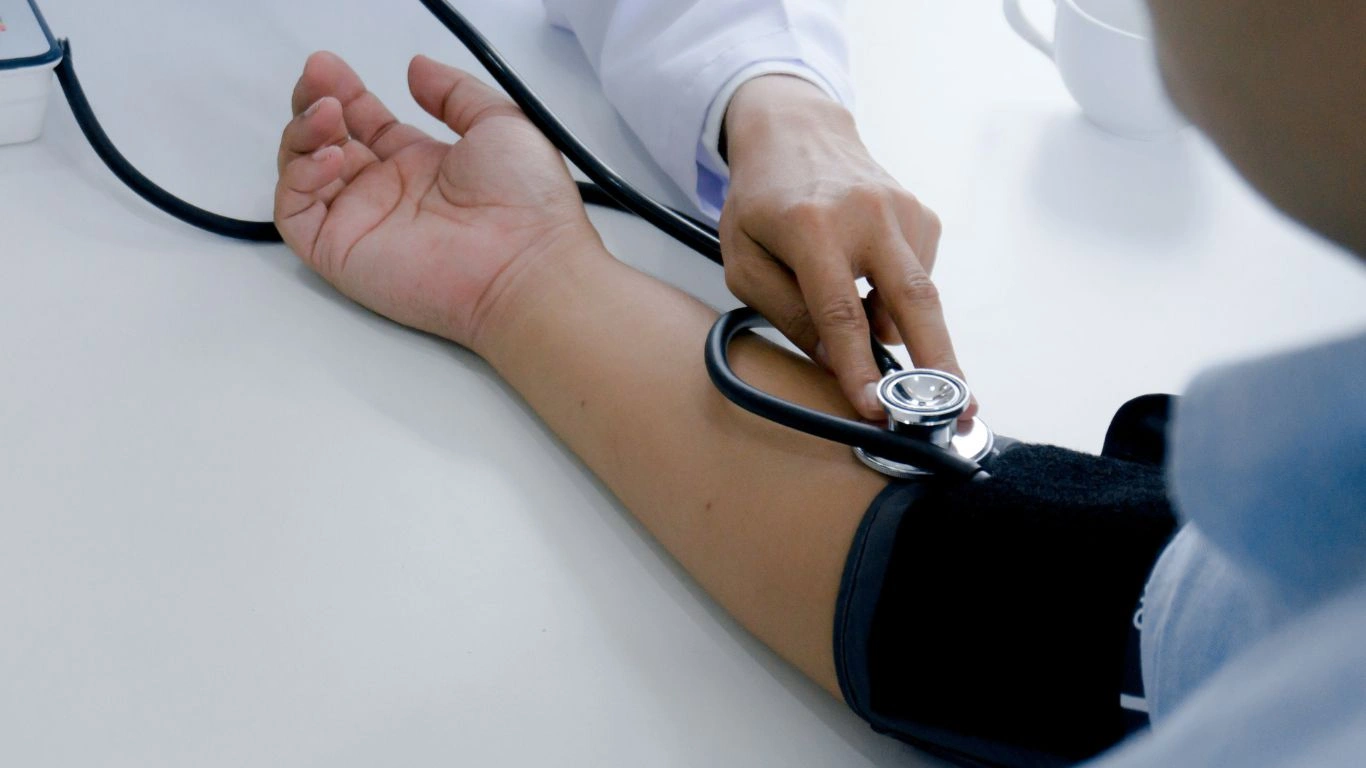
Your bedroom setup matters more than you think. A few simple adjustments can help your body enter a state of rest and recovery.
Adjust Your Room Temperature
Studies show that a slightly cooler room—between 60-67°F (15-19°C)—encourages better sleep quality and stabilizes blood pressure. If you’re waking up sweaty, your room might be too warm.
Dim the Lights Early
Melatonin, your sleep hormone, starts kicking in when the lights go down. Try switching to warm, dim lighting an hour before bed to help your body transition into sleep mode.
Choose the Right Sleep Position
Did you know sleeping on your left side can actually help your heart? This position reduces pressure on major blood vessels, allowing for better circulation.
Mindfulness and Relaxation Techniques to Lower Blood Pressure Before Bed

Ever notice how your mind races the second your head hits the pillow? That overthinking can keep your nervous system revved up, making it harder for your blood pressure to settle. The solution? Intentional relaxation.
Guided Meditation for a Calmer Mind
As someone who works with hypertension patients daily, I always recommend guided meditation as a pre-sleep ritual. You don’t have to sit cross-legged for an hour—just 5-10 minutes of focused breathing and mindfulness can make a big difference.
Try this:
- Find a quiet, comfortable spot.
- Close your eyes and take a deep breath in through your nose.
- Hold for a moment, then exhale slowly through your mouth.
- Repeat while focusing on a calming phrase like “My body is relaxed, my blood pressure is lowering.”
Progressive Muscle Relaxation
This technique is like hitting the “off switch” on tension. It involves tensing and then slowly relaxing different muscle groups, sending a signal to your body that it’s time to wind down.
Here’s how:
- Start at your feet—tense the muscles for 5 seconds, then release.
- Move up to your calves, thighs, abdomen, arms, and shoulders.
- Focus on how each area feels as it relaxes.
I’ve had patients tell me this trick helps them fall asleep faster while also easing blood pressure spikes.
The Link Between Sleep Quality and Blood Pressure
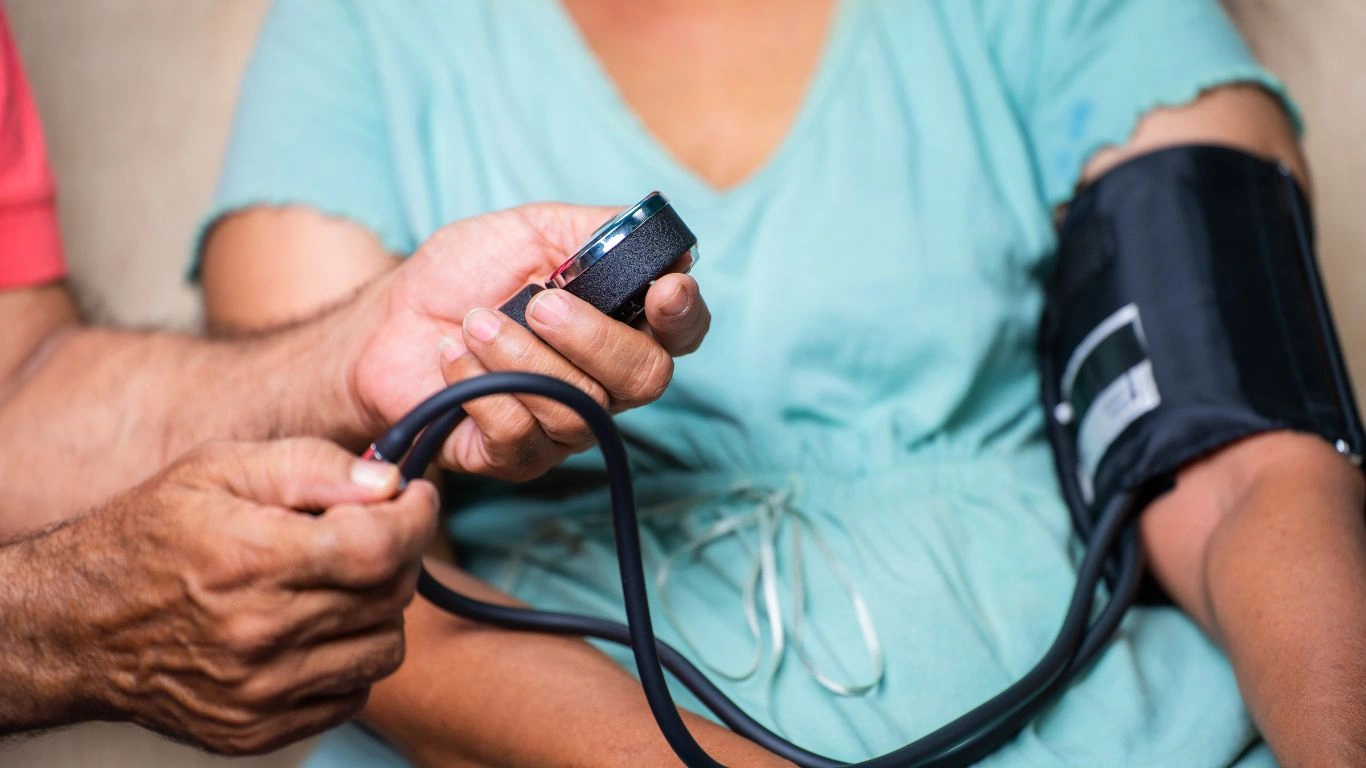
Did you know that poor sleep and high blood pressure go hand in hand? If you’re constantly waking up groggy or tossing and turning, your blood pressure could be suffering.
How Sleep Apnea Affects Blood Pressure
If you snore loudly or wake up gasping for air, you might have sleep apnea—a condition where breathing repeatedly stops and starts during sleep. This puts a major strain on your cardiovascular system, often leading to elevated nighttime blood pressure.
Signs to watch for:
- Waking up feeling exhausted, even after a full night’s sleep.
- Frequent nighttime bathroom trips.
- Morning headaches or dry mouth.
If this sounds familiar, it’s worth talking to your doctor about a sleep study. Treating sleep apnea can significantly improve your blood pressure levels.
Creating a Sleep-Boosting Routine
Beyond sleep apnea, poor sleep hygiene is another major factor. Try these simple adjustments:
- Stick to a schedule: Going to bed and waking up at the same time every day helps regulate your body’s natural rhythm.
- Limit caffeine: Even that afternoon coffee can disrupt your ability to fall asleep.
- Block out noise: White noise machines or earplugs can work wonders for deeper sleep.
Natural Supplements That Can Help
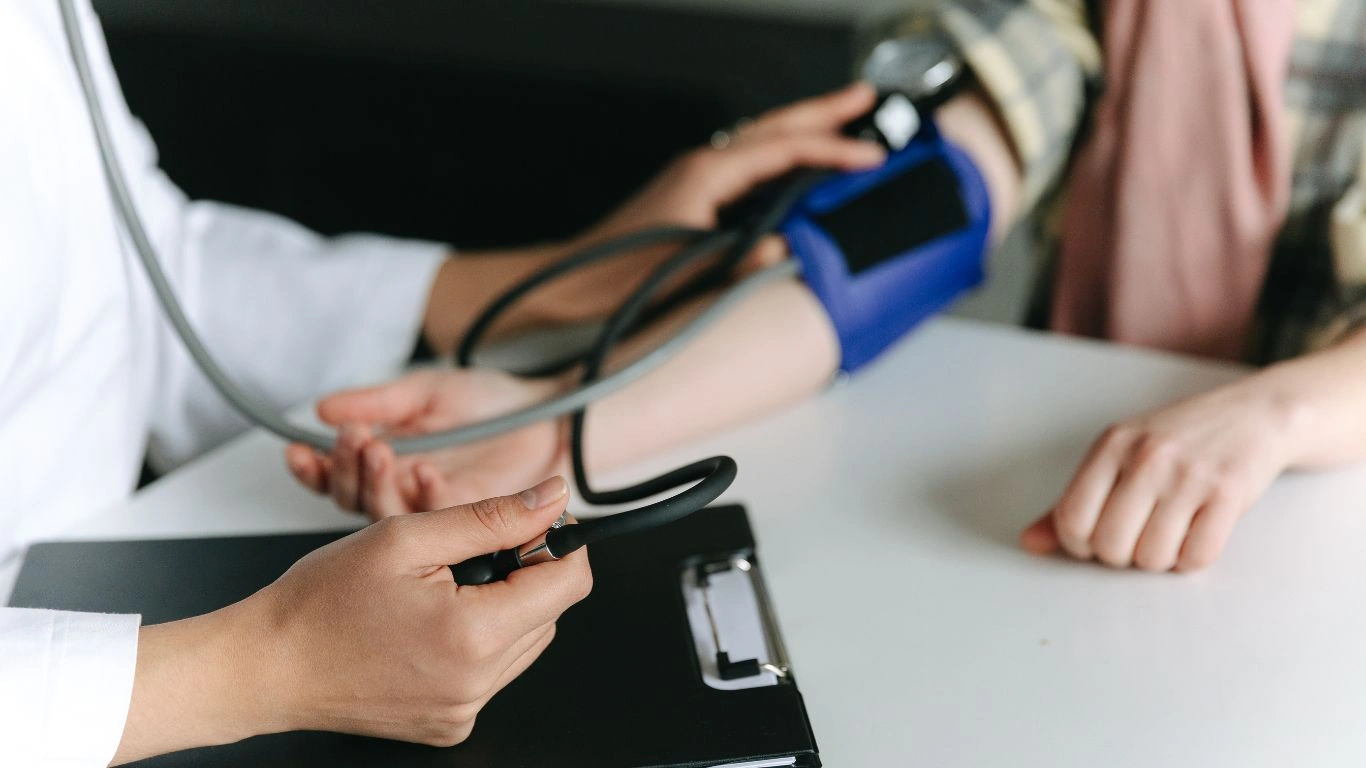
While lifestyle changes should always come first, a few natural supplements can provide extra support in keeping your blood pressure in check before bed.
Magnesium
Magnesium is a powerhouse mineral when it comes to relaxation and blood pressure regulation. It helps blood vessels relax, which in turn lowers hypertension.
Good sources include:
- Leafy greens like spinach and kale
- Nuts and seeds
- Dark chocolate (yes, really!)
Melatonin
Melatonin isn’t just for sleep—it also plays a role in blood pressure control. Studies suggest that taking a small dose (0.5-3 mg) before bed can support both restful sleep and lower nighttime blood pressure.
CoQ10
Coenzyme Q10 is a heart-friendly antioxidant that can help improve blood flow and reduce blood pressure. It’s naturally found in fatty fish, nuts, and whole grains, but supplements are available too.
Final Thoughts on Lowering Blood Pressure Before Bed
Lowering blood pressure before bed doesn’t have to be complicated. Small, consistent changes—like winding down with relaxation techniques, improving sleep quality, and considering natural supplements—can make a world of difference. And trust me, your heart will thank you.
Foods That Help Lower Blood Pressure Before Bed

What you eat in the evening can make or break your blood pressure numbers at night. I’ve seen firsthand how simple dietary tweaks can help my patients wake up feeling better—without those frustrating overnight spikes.
Potassium-Rich Snacks
Potassium is like your body’s natural blood pressure regulator. It helps balance out the effects of sodium, which is often the main culprit behind elevated readings. Here are some great bedtime snack options:
- Bananas: A go-to source of potassium that also contains magnesium for muscle relaxation.
- Avocados: Creamy, satisfying, and packed with heart-healthy nutrients.
- Sweet Potatoes: A complex carb that keeps blood sugar stable while supplying potassium.
Omega-3 Fatty Acids for Heart Health
Omega-3s reduce inflammation and support better blood flow. A few nighttime-friendly choices include:
- Walnuts: Great for a light snack with a dose of heart-healthy fats.
- Chia Seeds: Mix them into a yogurt or smoothie for a fiber-rich treat.
- Fatty Fish: If you’re having a late dinner, salmon or mackerel can work wonders.
Herbal Teas That Support Relaxation
Swapping out coffee or soda for herbal tea in the evening is one of the easiest ways to wind down and lower blood pressure before bed.
- Hibiscus Tea: Packed with antioxidants that actively lower blood pressure.
- Lavender Tea: Known for its soothing properties and stress-relieving benefits.
- Valerian Root Tea: Often used for better sleep and natural relaxation.
How Hydration Affects Blood Pressure at Night

Drinking enough water throughout the day is crucial, but timing matters too. Ever wake up in the middle of the night feeling parched? That’s dehydration, and it can cause your blood vessels to constrict, raising your blood pressure.
Best Times to Hydrate
To stay hydrated without disrupting your sleep:
- Drink water consistently throughout the day, rather than chugging a large glass at night.
- Have a small glass of water about an hour before bed—enough to stay hydrated, but not enough to wake you up for bathroom trips.
Electrolytes and Blood Pressure
If your body is low on key electrolytes like potassium and magnesium, blood pressure regulation can suffer. If you tend to sweat a lot during the day or exercise in the evening, consider an electrolyte-rich drink—just make sure it’s low in sodium and sugar.
When to See a Doctor About Nighttime Blood Pressure
While lifestyle changes can make a huge difference, there are times when medical attention is necessary. I always remind my patients: if your blood pressure consistently stays high at night, it could signal an underlying issue.
Signs You Should Get Checked
- Persistent readings above 130/80 mmHg, even after making lifestyle changes.
- Frequent nighttime headaches or dizziness.
- Unexplained shortness of breath while lying down.
- Swelling in your legs, which could indicate fluid retention.
If any of these symptoms sound familiar, schedule a checkup. Sometimes, medications or additional tests are needed to get to the root of the problem.
Final Thoughts: Small Changes, Big Results
Lowering your blood pressure before bed isn’t about making drastic changes overnight. It’s about small, consistent tweaks to your routine—relaxation techniques, the right foods, proper hydration, and good sleep hygiene. I’ve seen patients transform their health simply by being mindful of their evening habits.
Start with one or two adjustments today and see how you feel. Your heart—and your future self—will thank you.
References
Disclaimer
The information in this article is for educational purposes only and should not replace medical advice. If you have concerns about your blood pressure, consult a healthcare professional.

Dr. Gwenna Aazee is a board-certified Internal Medicine Physician with a special focus on hypertension management, chronic disease prevention, and patient education. With years of experience in both clinical practice and medical writing, she’s passionate about turning evidence-based medicine into accessible, actionable advice. Through her work at Healthusias.com, Dr. Aazee empowers readers to take charge of their health with confidence and clarity. Off the clock, she enjoys deep dives into nutrition research, long walks with her rescue pup, and simplifying medical jargon one article at a time.



